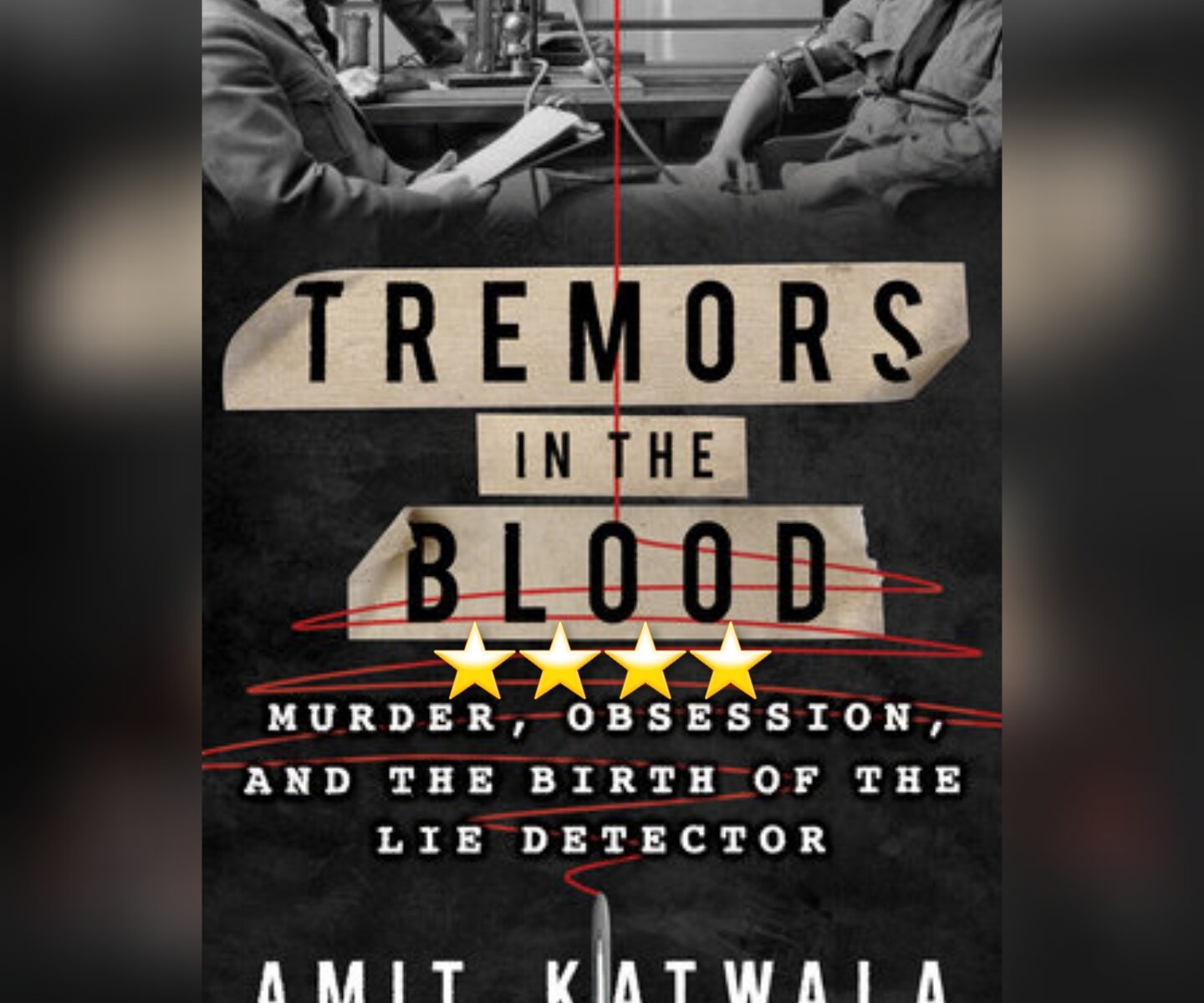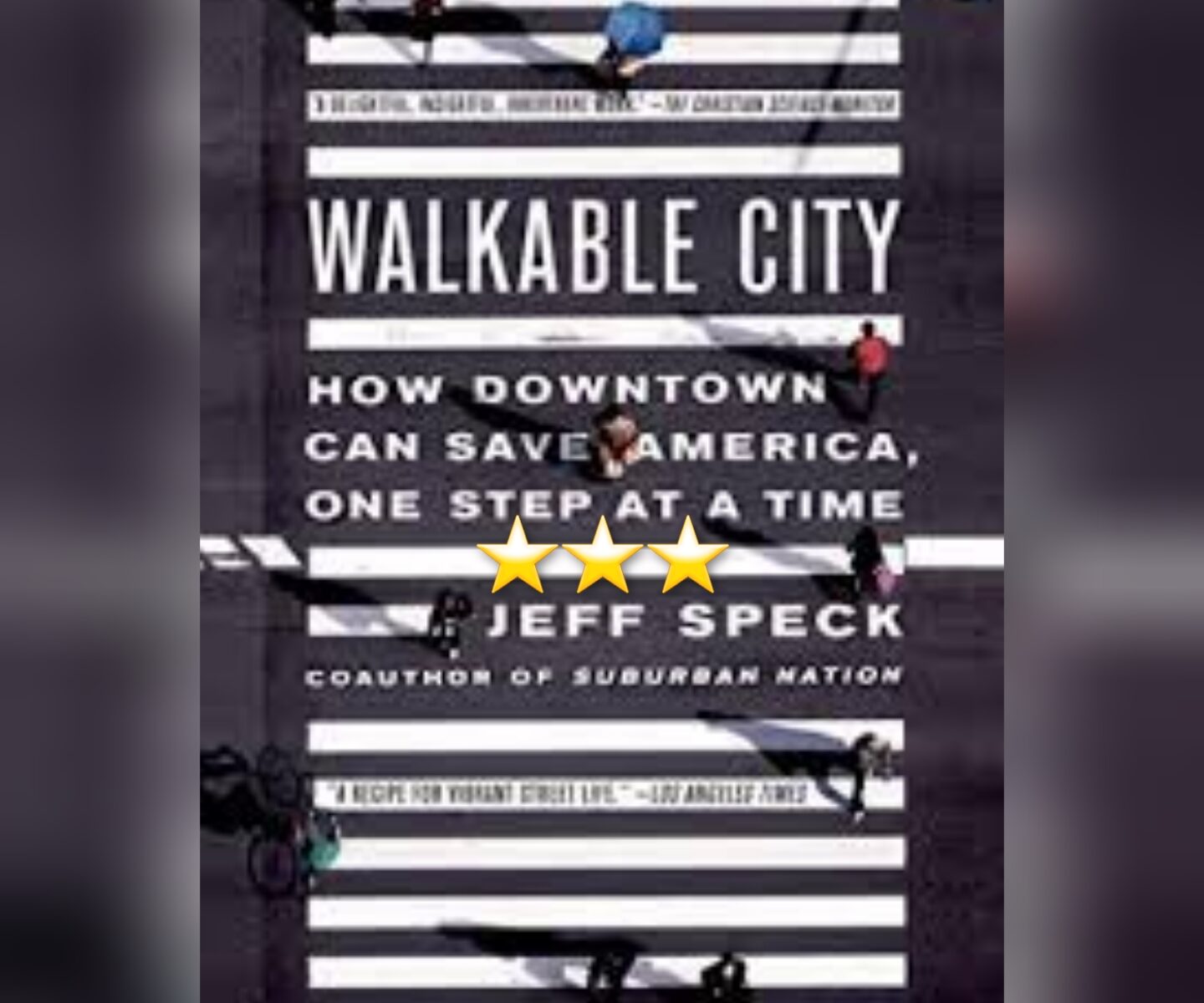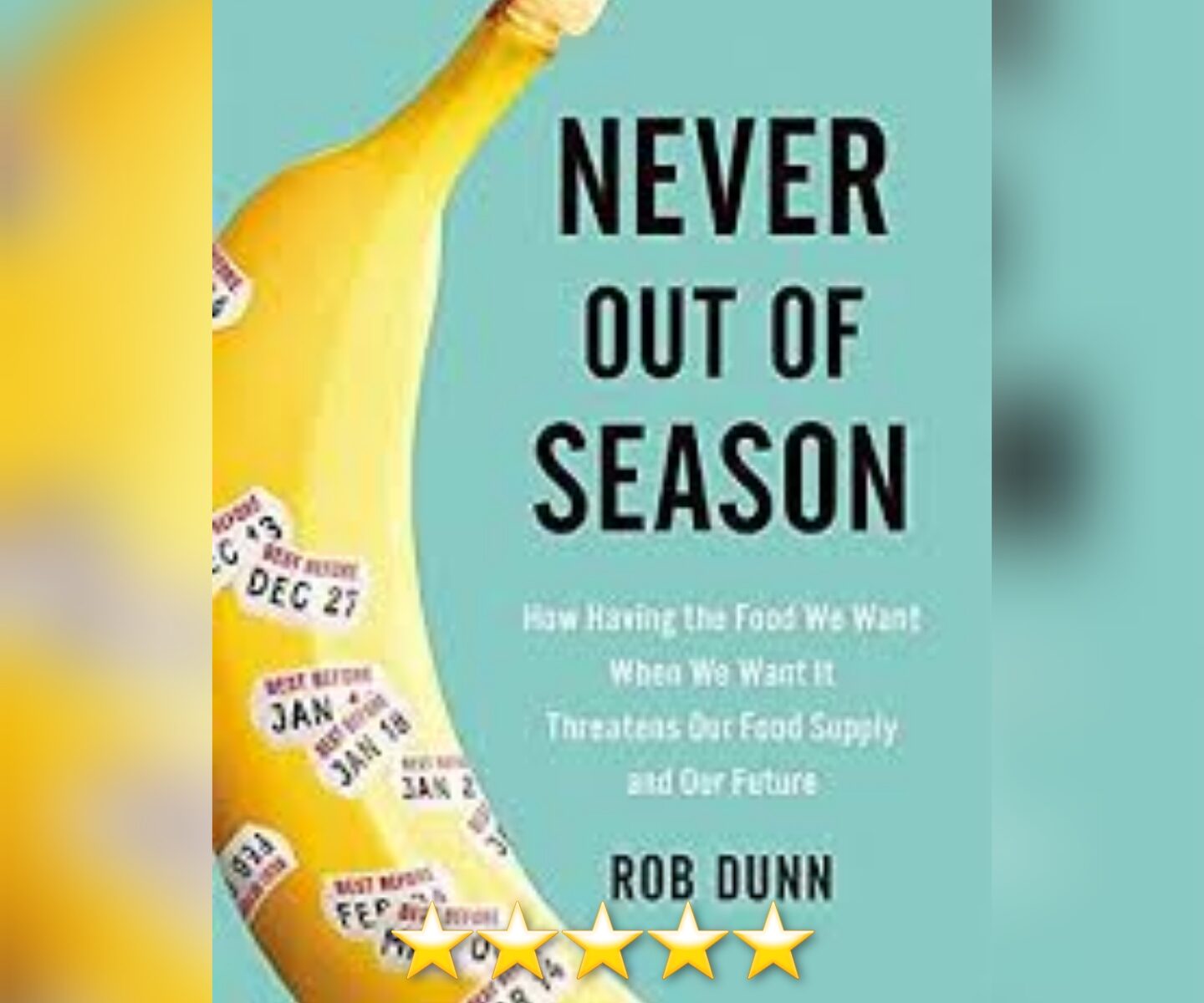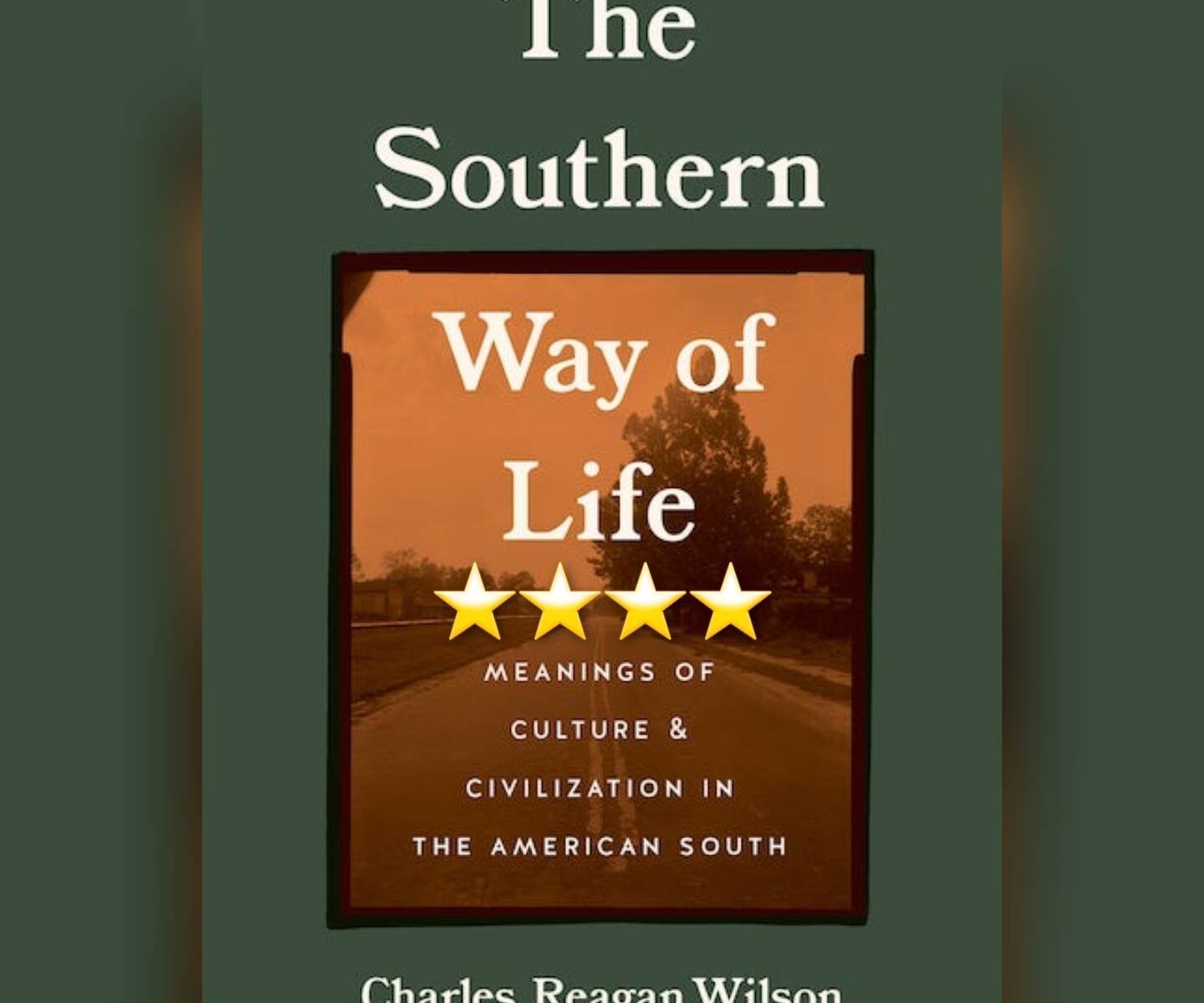Solid Expose Of Media Bias From An ‘Inside Man’. This is one of those looks from the inside of a controversial institution – the so-called “main stream media” – where the insider points out that almost no matter what your reasoning is on claiming “media bias”, you’re most likely at least partially wrong. Not that there isn’t bias – Krakauer pretty clearly shows that there is quite a bit of it. But more in how a math student can arrive at the correct answer despite somehow getting crucial or even every step of the way completely incorrect when showing their work. Indeed, as an expose of media bias, this is both one of the more balanced and more incisive books I’ve read on the topic – and I’ve read at least a few, as well as having my own thoughts and experiences on the margins of at least local news reporting. The reasons for the three stars ultimately come down to two single star deductions which are both fairly common in my reviews: One star was lost for dearth of bibliography. Here, we clock in at around 14% bibliography, which is short of the more standard 20-30% in my experience with similar advance reader copies. (Indeed, even texts I get much earlier than the two months or so I got this one routinely have at least that, and sometimes as much as nearly 50%.) The other deduction is also common in my reviews, and is because of the frequent discussion of COVID. While I completely understand that topic’s relevance to some of the trends and timeframes Krakauer discusses here, I also have a longstanding rule automatically deducting a star for any discussion of it, as I still would rather avoid the topic altogether in my reading. Still, for what it is, this book is quite good, and many similarly objective-ish readers will likely rate it more along the lines of 4-5 stars. Very much recommended.
This review of Uncovered by Steve Krakauer was originally written on January 3, 2023.










